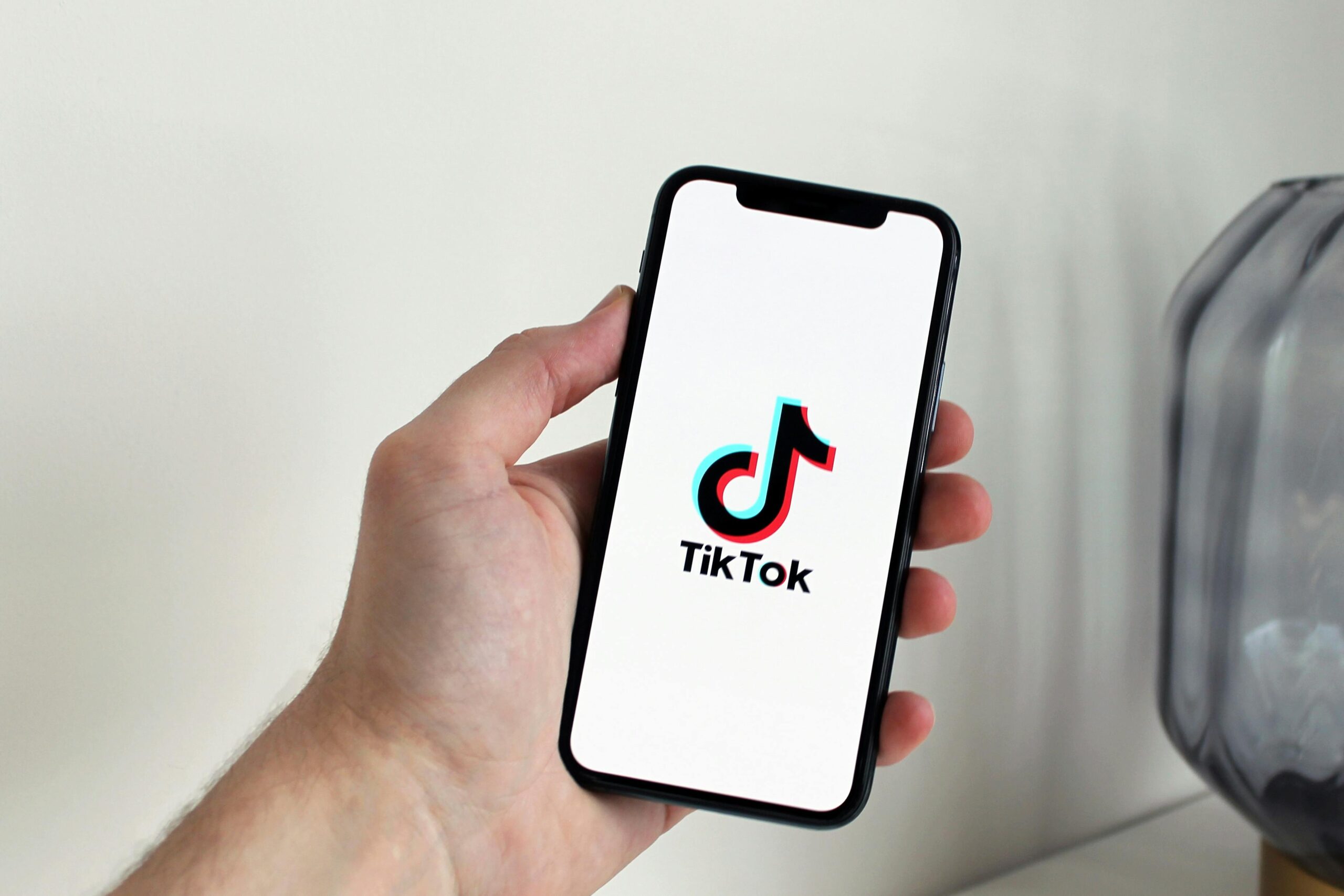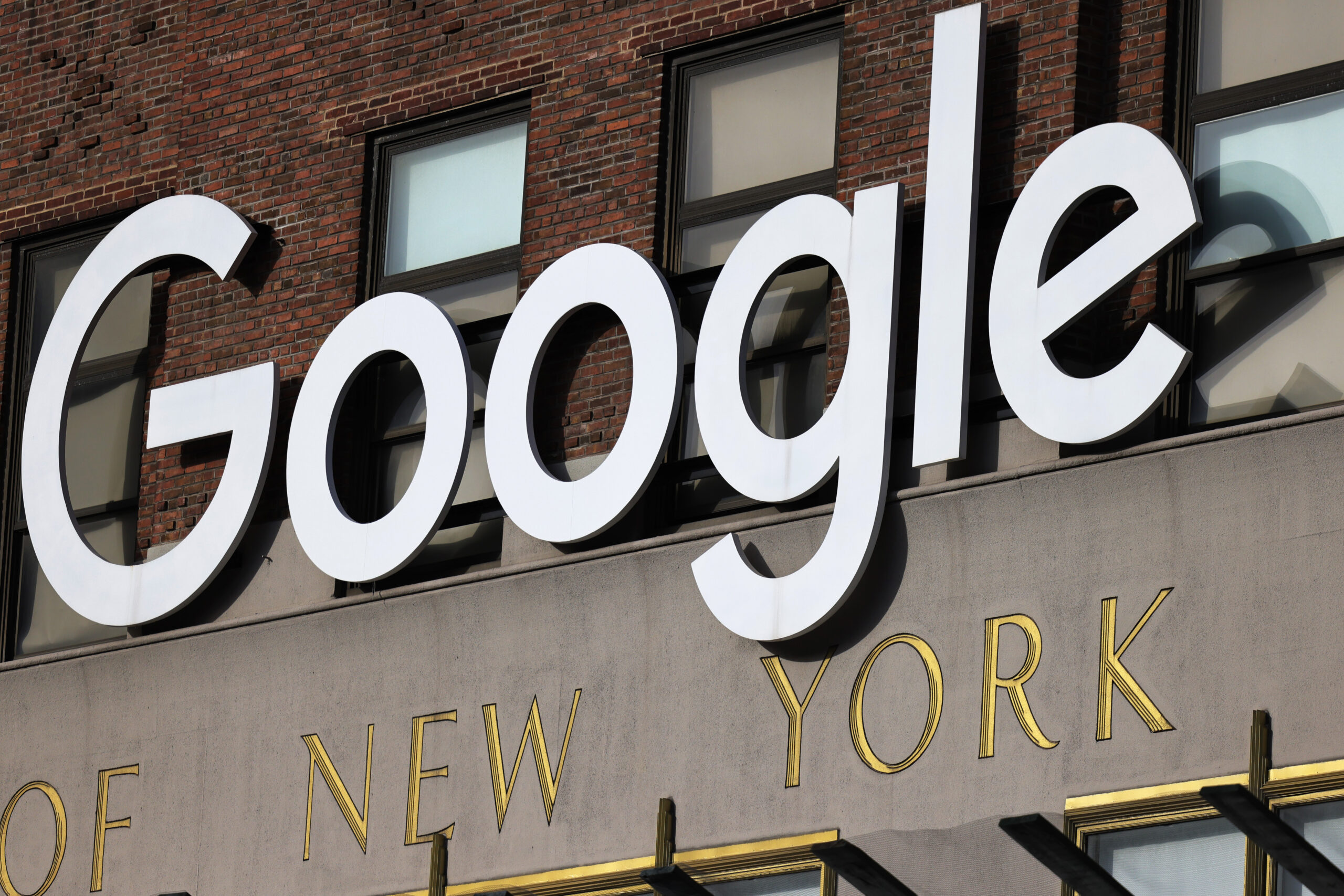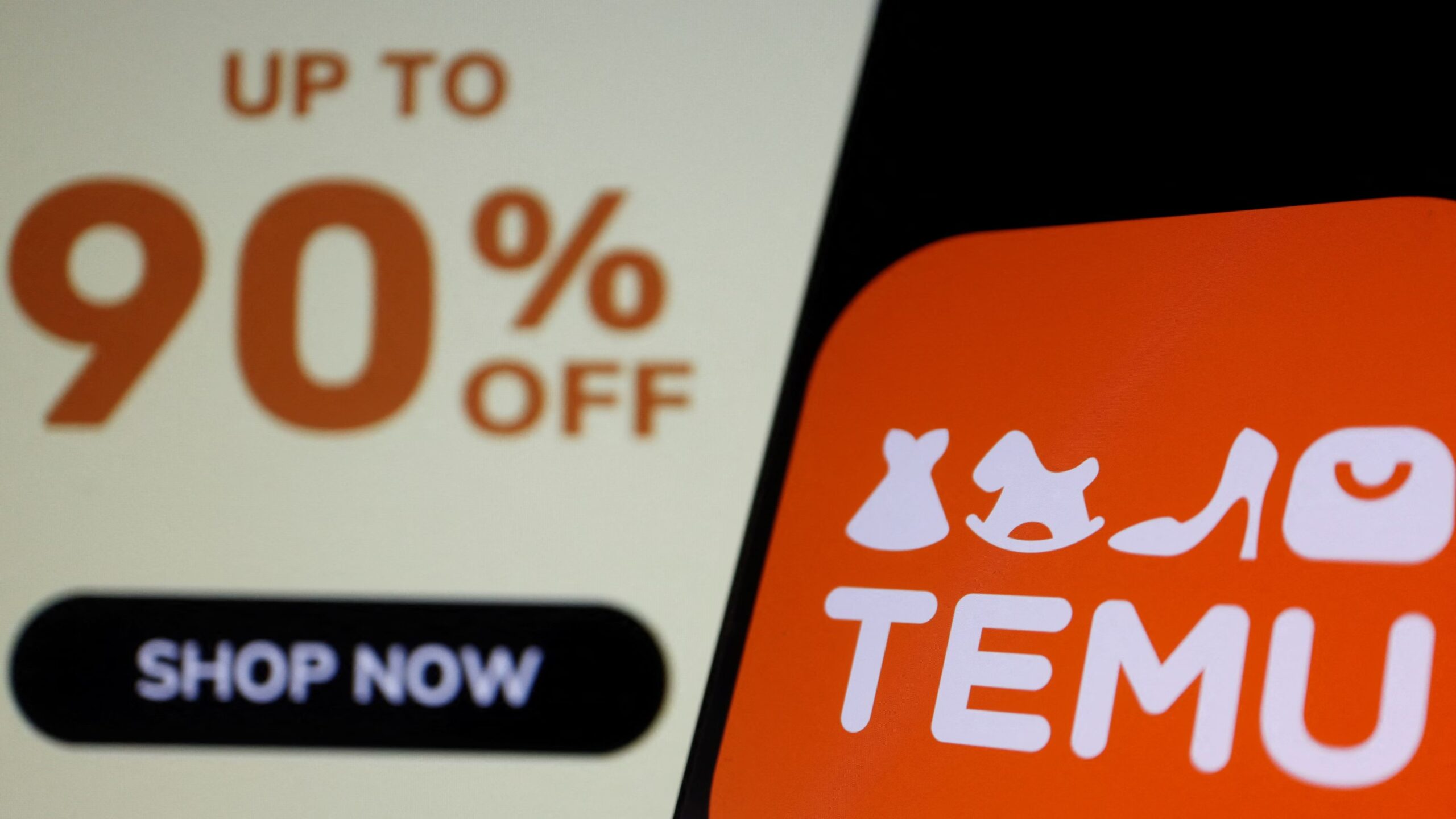Online publishers are grappling with a critical decision: permit Google to scrape their content for AI-generated search answers or risk losing visibility in search engine results. This dilemma comes on the heels of a significant ruling labeling Google as a “monopolist” and amid ongoing deliberations by the U.S. Justice Department on potential remedies, including breaking up parts of the tech giant or forcing it to share search data with competitors.
The core of the issue involves Googlebot, the web crawler responsible for indexing content for both traditional search results and AI-generated answers. Publishers who block Googlebot to prevent their content from being used for AI responses face the consequence of being excluded from standard search results, leading to reduced traffic and revenue.
This scenario creates a challenging situation for online publications. If they allow their content to be scraped by Google for AI-generated answers, users may obtain the information they need directly from the search results, bypassing the publishers’ websites entirely and resulting in zero ad revenue from those potential visitors. Conversely, blocking Googlebot could result in a significant drop in search visibility, leading to decreased short-term income and a substantial loss of long-term competitive standing.
The issue extends beyond just the publishers. Smaller AI startups and rival search engines are at a disadvantage because they must pay for access to data, unlike Google, which benefits from vast amounts of free training data due to publishers’ reliance on search engine visibility. This has led to frustration among publishers who feel they have little bargaining power, as Google continues to dominate the market without needing to negotiate content deals.
The Justice Department’s ongoing deliberations could significantly impact the future of online publishing and search engine dynamics. While the situation remains fluid, the potential for a 20 to 60 percent drop in organic search traffic due to AI-generated search answers adds urgency to the decision-making process for publishers.










